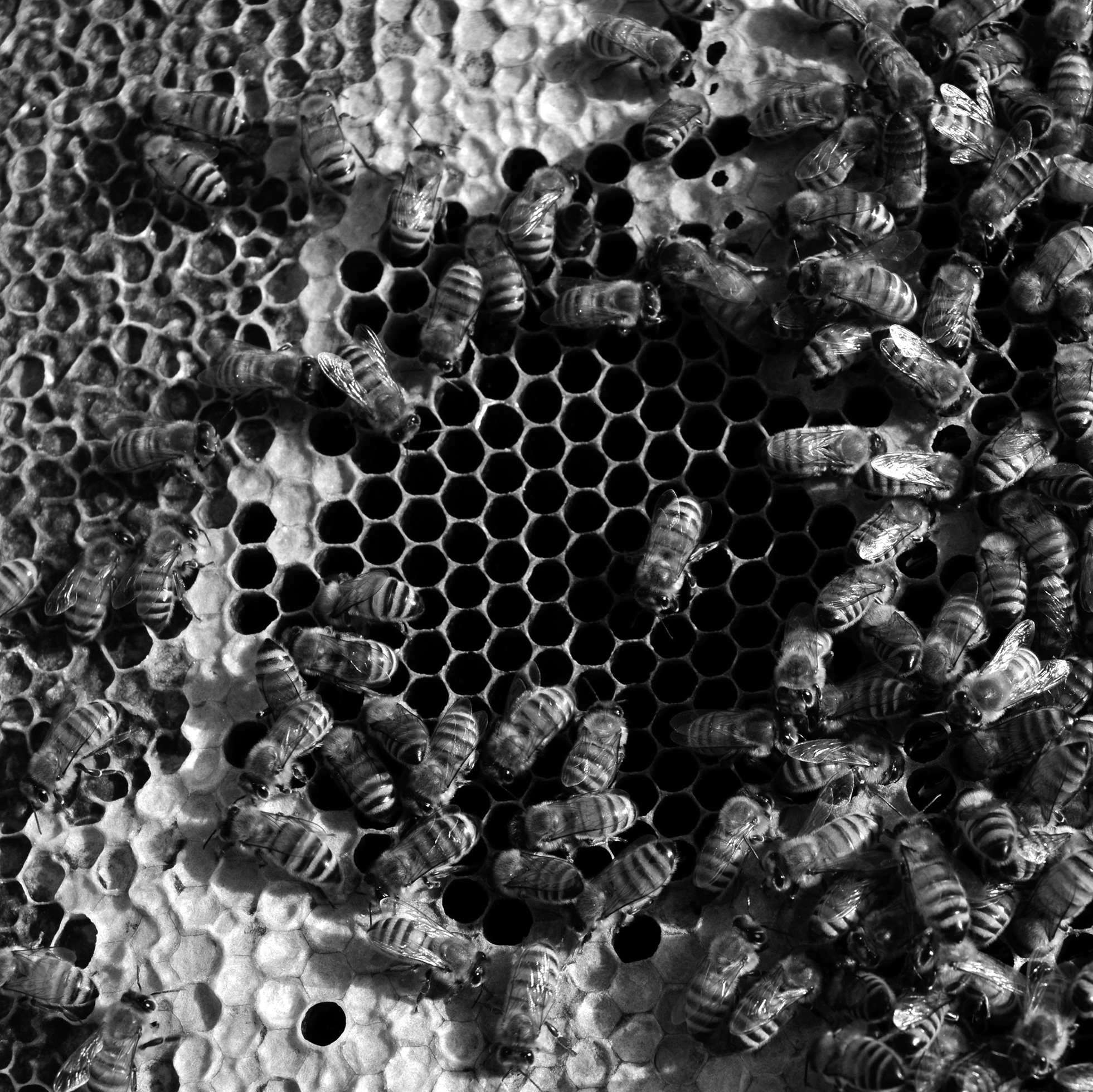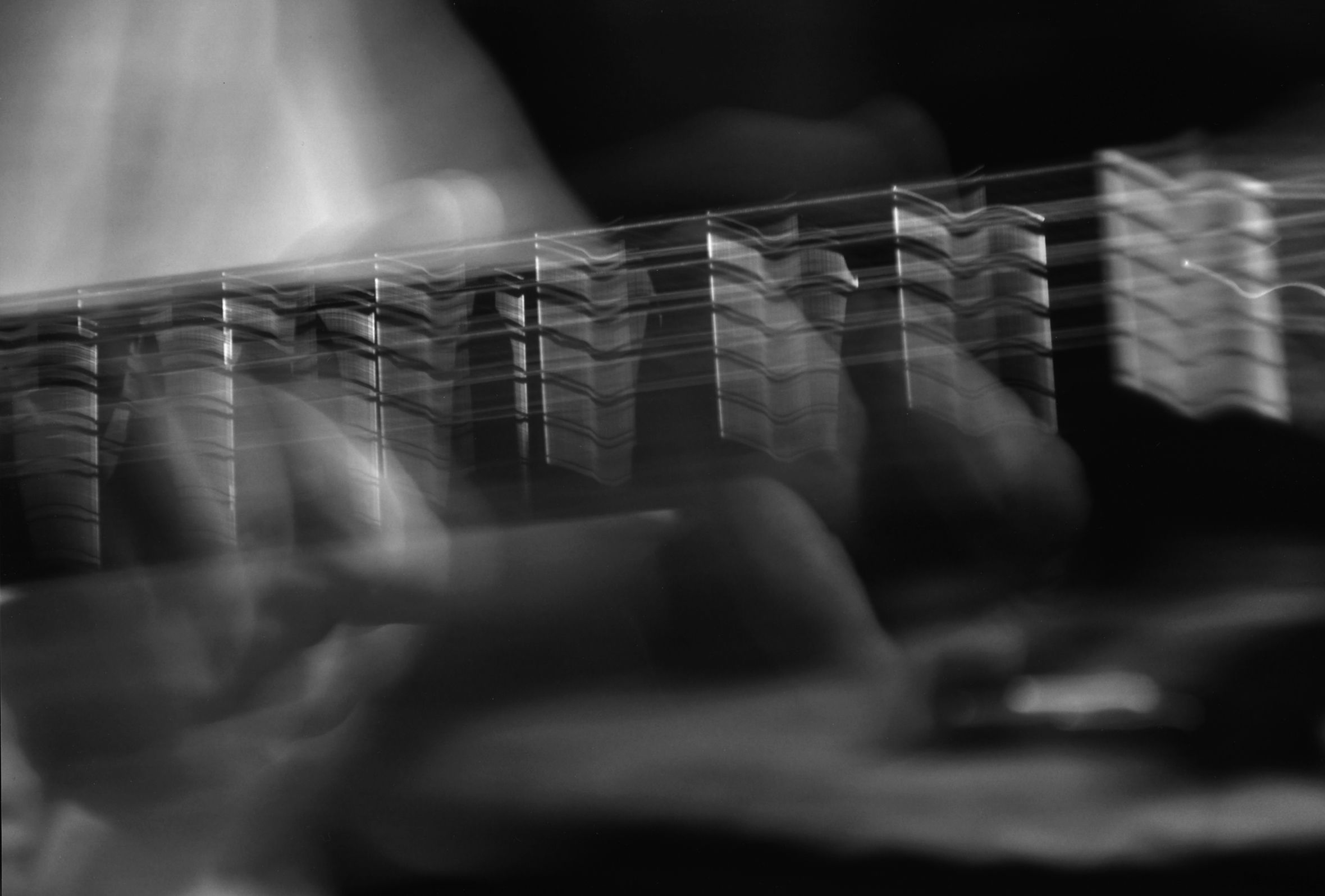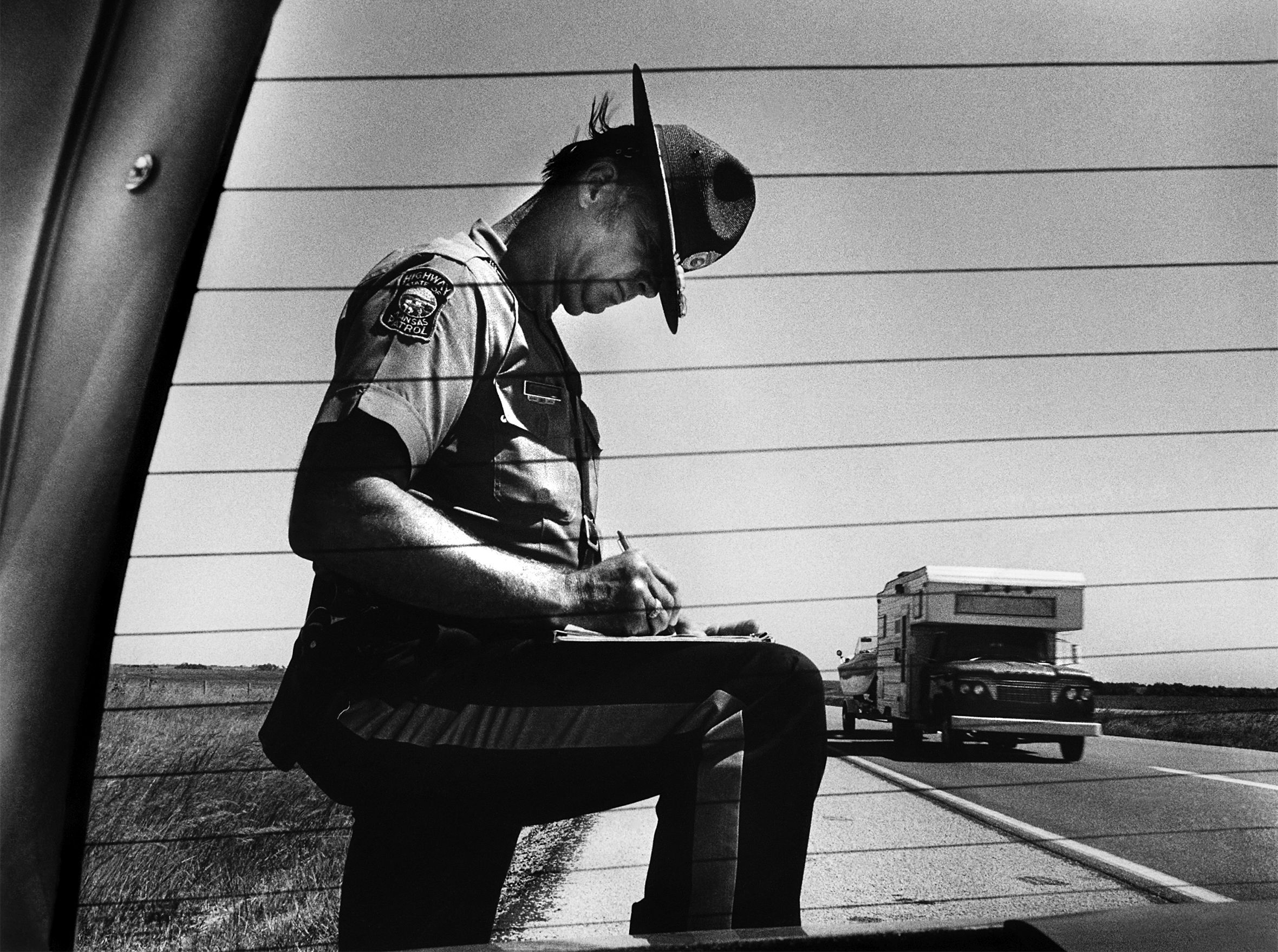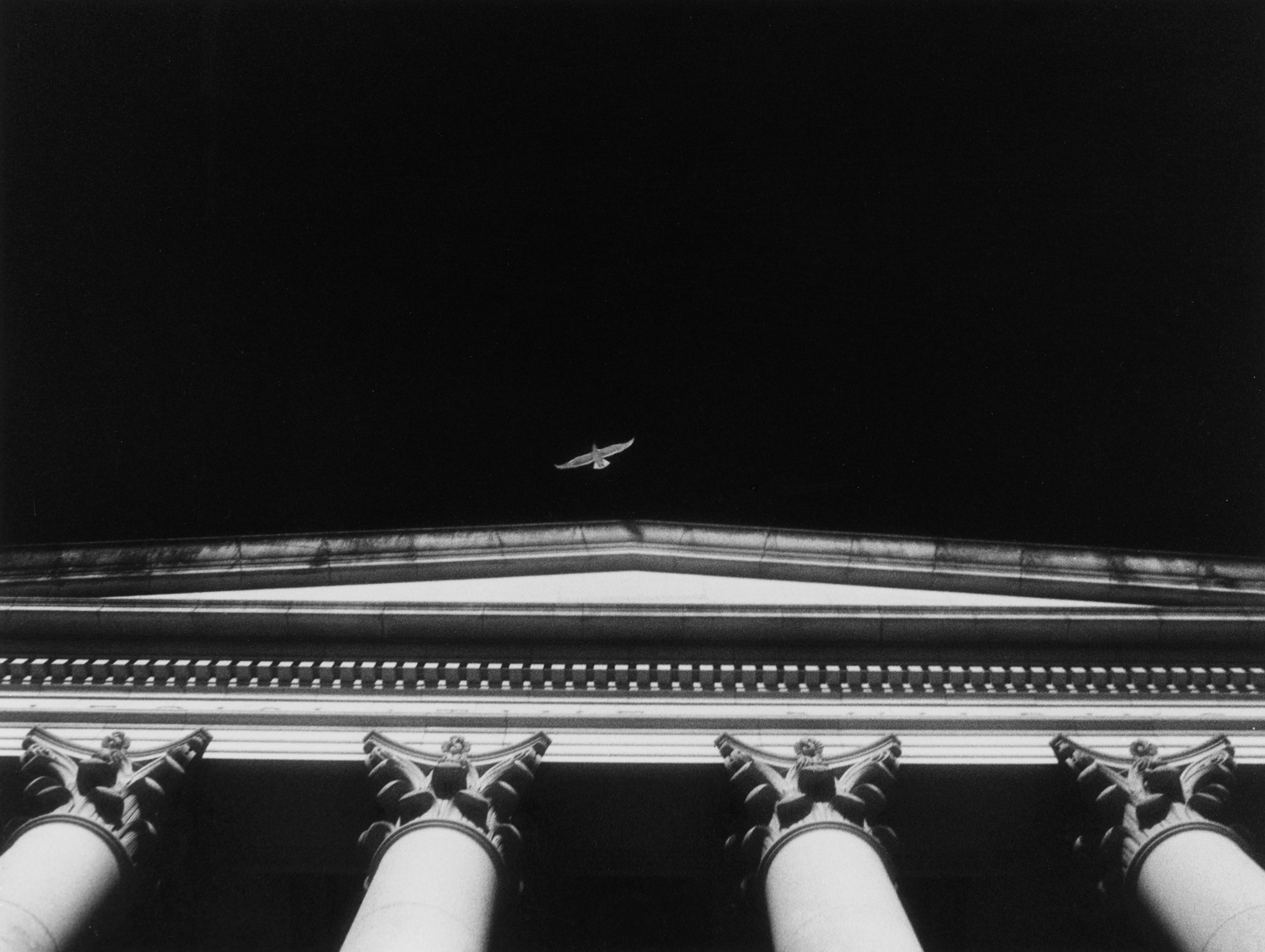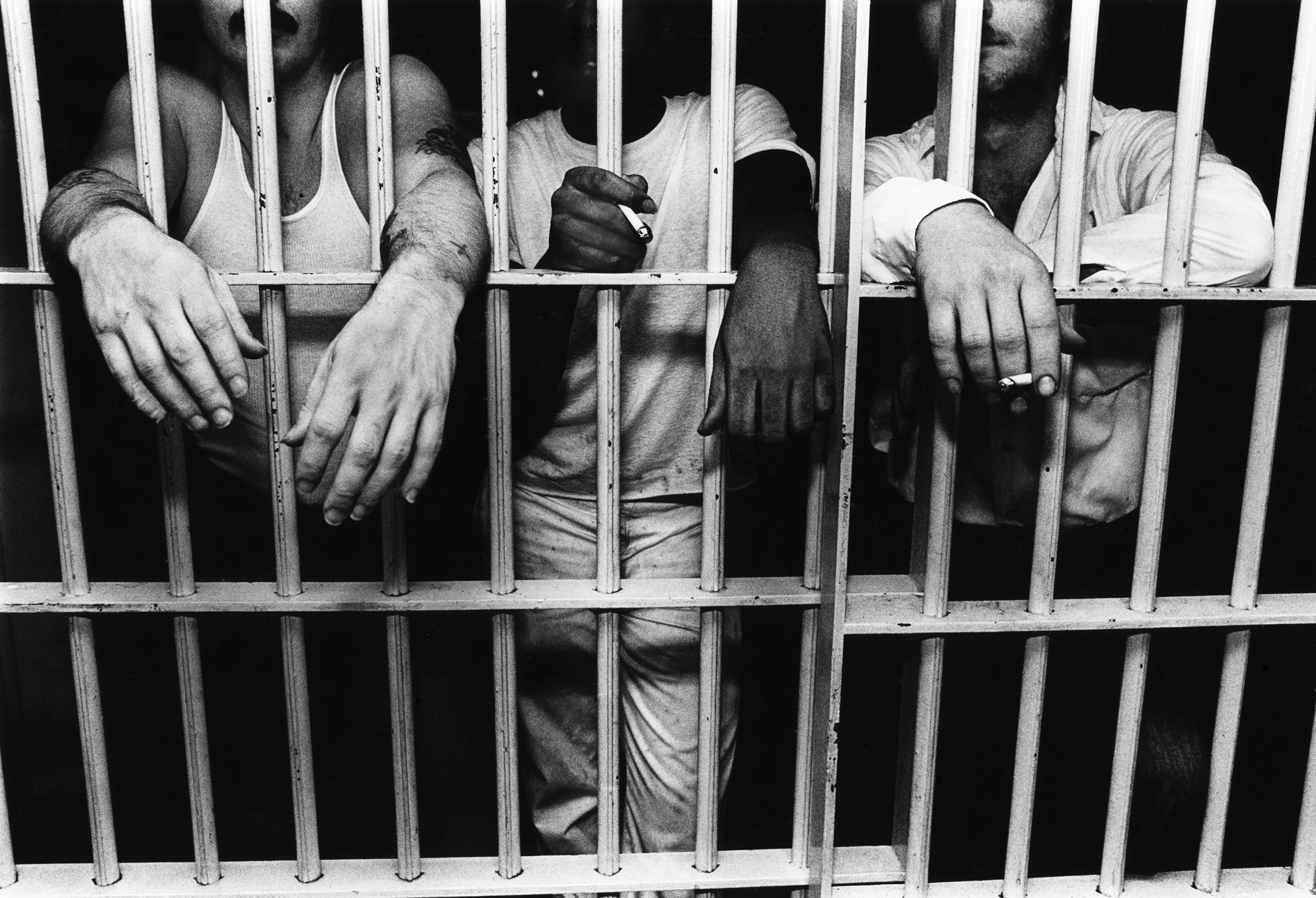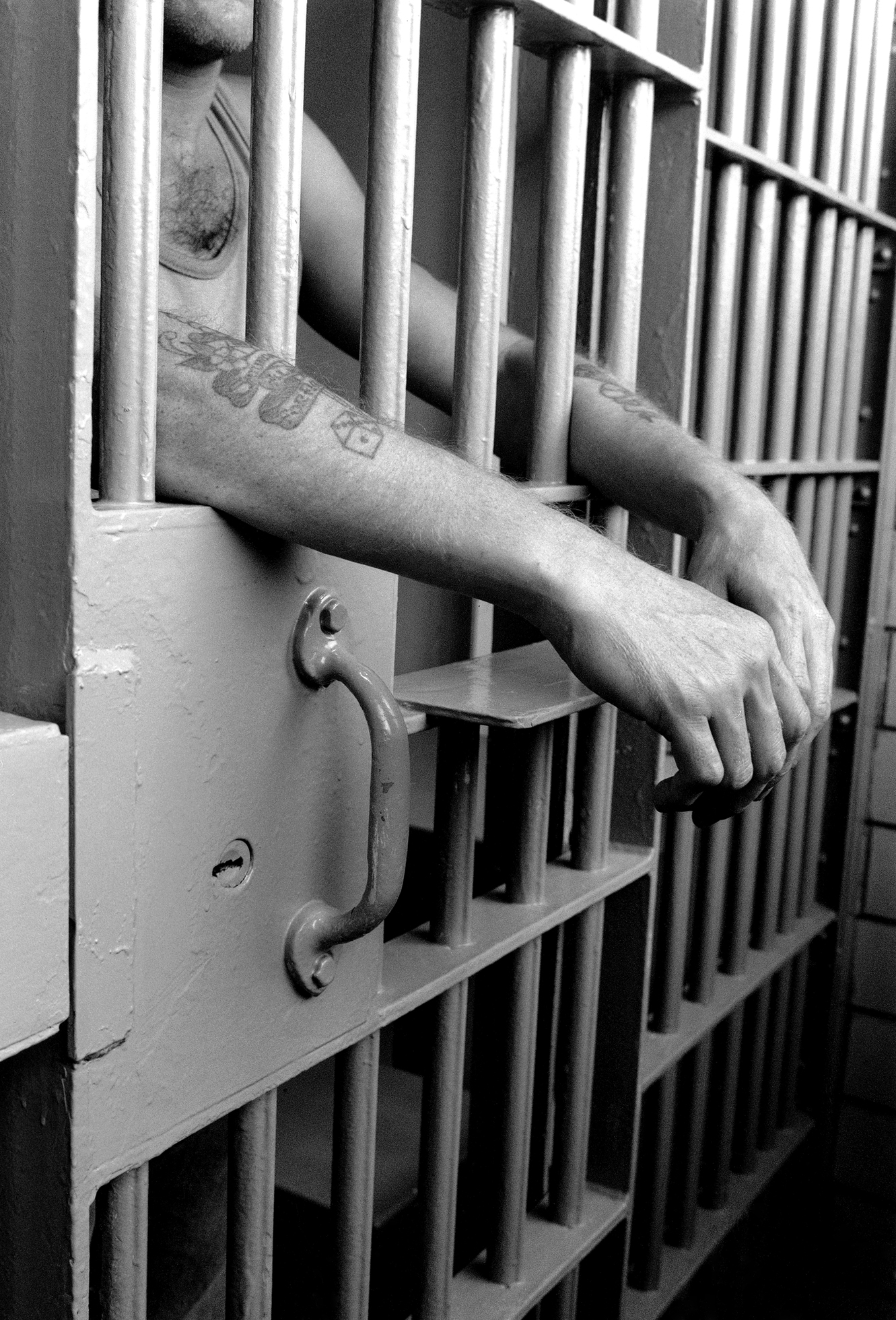Browse Topics
Incarceration
A Drop Of Blood
I would like to write about a friendship I formed the autumn before last. I think it has some significance. It shows the solidarity that can be forged between unhappy creatures.
July 2013Some Thoughts On Mercy
Among the more concrete ramifications of this corruption of the imagination is that when the police suspect a black man or boy of having a gun, he becomes murderable: Murderable despite having earned advanced degrees or bought a cute house or written a couple of books of poetry. Murderable whether he’s an unarmed adult or a child riding a bike in the opposite direction. Murderable in the doorways of our houses.
July 2013Joyous Blues God For A Day
It’s 1994, and I’ve been sentenced on drug charges to seven months in a minimum-security prison in California’s Mojave Desert. And yet I feel godlike: I have a single cell, one of the highest-paying jobs in the joint, and a poetry group called the Mad Poets. Also I’m writing a novel, making up my own little world, and this too makes me feel like a god.
May 2013March 2012
I woke up this morning on the third planet from the sun. In the twenty-first century. In the United States of America. Outside, the sky was still dark, but at the flip of a switch the room was flooded with light. Amazing!
March 2012Authority
Taking violin lessons, requesting conscientious-objector status, protesting at the state capitol
November 2011Throwing Away The Key
Michelle Alexander On How Prisons Have Become The New Jim Crow
Yes, during the original Jim Crow era Whites Only signs hung over drinking fountains, and black people were forced to sit at the back of the bus. There was no denying the existence of the caste system. But today people in prison are largely invisible to the rest of us. We have more than 2 million inmates warehoused, but if you’re not one of them, or a family member of one of them, you scarcely notice. Most prisons are located far from urban centers and major freeways. You literally don’t see them, and when inmates return home, they’re typically returned to the segregated ghetto neighborhoods from which they came, leaving the middle class unaware of how vast this discriminatory system has become in a very short time.
February 2011Saving Danny James
Danny James was a short, wiry, good-natured convict with a handlebar mustache and a marine haircut. At forty-six he started losing weight and having trouble with his coordination. After a plague of tests, the doctor told him that he had Lou Gehrig’s disease and that it was terminal. He had six months to live.
February 2011Faccia Tosta
VISTAs didn’t draw paychecks. Volunteers in Service to America, we signed on to live, theoretically, like our clients — in this case, convicts in North Carolina prisons.
February 2011And Justice For All
Sister Helen Prejean On Why The Death Penalty Is Wrong
The death penalty could be ended tomorrow if the Supreme Court would reverse its earlier decision. The Court overturned the death penalty once before, in 1972 (Furman v. Georgia), on the grounds that it was arbitrarily and capriciously applied and used disproportionately against poor people. But in Gregg v. Georgia the justices reinstated the death penalty with stricter criteria, limiting its applicability to only the worst of the worst and taking into account the defendant’s character and record. At that time the Court acknowledged the racism in death-penalty sentencing but said it would be too disruptive to our judicial system to correct the bias.
August 2010The Wall
Joan and I were in Raleigh together / for the first time to take the tour / for new VISTA volunteers / at North Carolina’s Central Prison
August 2010